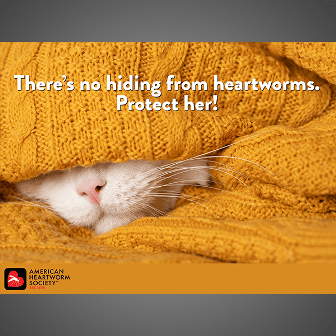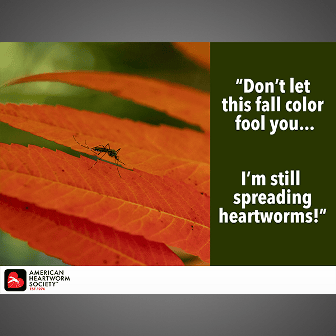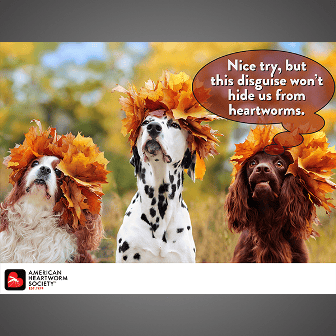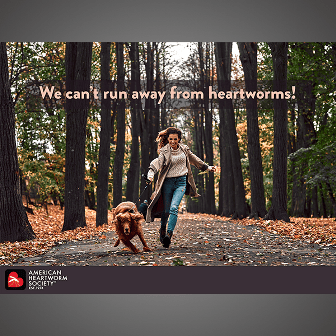Chris Duke, DVM, President, AHS
Bienville Animal Medical Center
Ocean Springs, Mississippi
Open/Download Quarterly Update as PDF
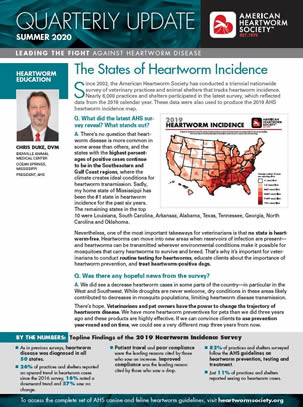 Since 2002, the American Heartworm Society has conducted a triennial nationwide survey of veterinary practices and animal shelters that tracks heartworm incidence. Nearly 6,000 practices and shelters participated in the latest survey, which reflected data from the 2019 calendar year. These data were also used to produce the 2019 AHS heartworm incidence map.
Since 2002, the American Heartworm Society has conducted a triennial nationwide survey of veterinary practices and animal shelters that tracks heartworm incidence. Nearly 6,000 practices and shelters participated in the latest survey, which reflected data from the 2019 calendar year. These data were also used to produce the 2019 AHS heartworm incidence map.
Q. What did the latest AHS survey reveal? What stands out?
A. There’s no question that heartworm disease is more common in some areas than others, and the states with the highest percentages of positive cases continue to be in the Southeastern and Gulf Coast regions, where the climate creates ideal conditions for heartworm transmission. Sadly, my home state of Mississippi has been the #1 state in heartworm incidence for the past six years. The remaining states in the top 10 were Louisiana, South Carolina, Arkansas, Alabama, Texas, Tennessee, Georgia, North Carolina and Oklahoma.
Nevertheless, one of the most important takeaways for veterinarians is that no state is heartworm-free. Heartworms can move into new areas when reservoirs of infection are present and heartworms can be transmitted wherever environmental conditions make it possible for mosquitoes that carry heartworms to survive and breed. That’s why it’s important for veterinarians to conduct routine testing for heartworms, educate clients about the importance of heartworm prevention, and treat heartworm-positive dogs.
Q. Was there any hopeful news from the survey?
A. We did see a decrease heartworm cases in some parts of the country—in particular in the West and Southwest. While droughts are never welcome, dry conditions in these areas likely contributed to decreases in mosquito populations, limiting heartworm disease transmission. There’s hope. Veterinarians and pet owners have the power to change the trajectory of
heartworm disease. We have more heartworm preventives for pets than we did three years ago and these products are highly effective. If we can convince clients to use prevention year-round and on time, we could see a very different map three years from now


